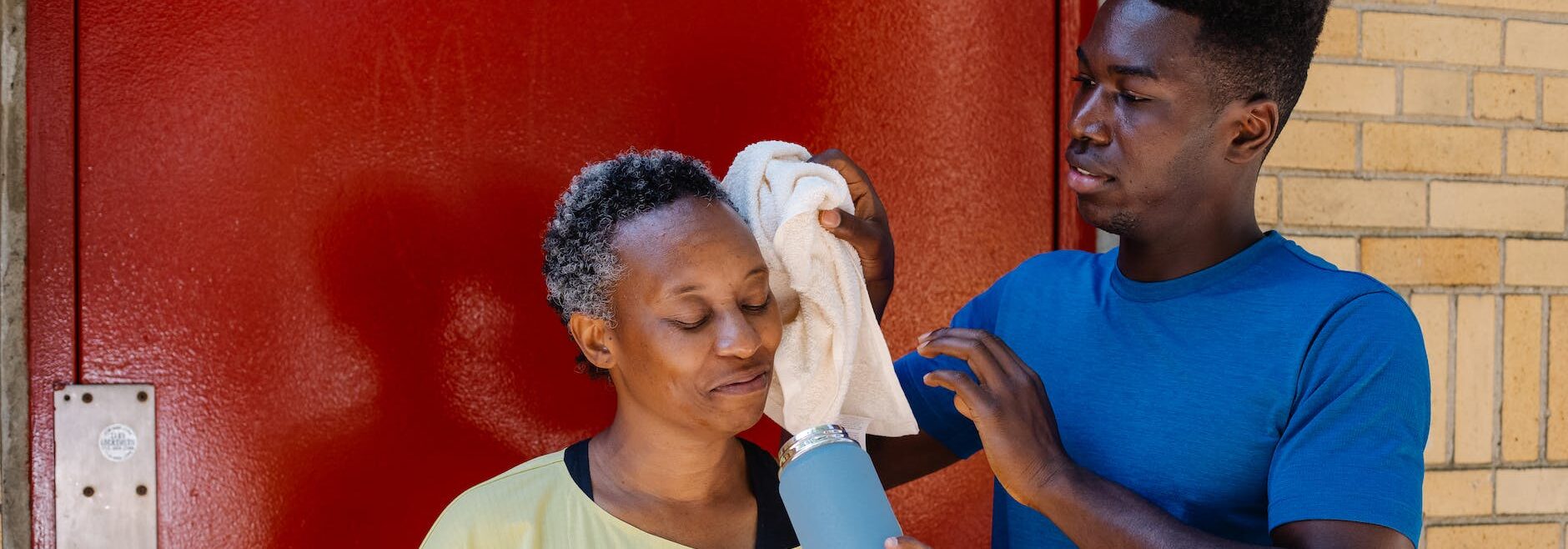
Warmer weather and sunshine draw people outdoors, but it can bring dangerously high temperatures and the risk of dehydration. While everyone should take precautions in the summer heat, cardiac patients need to follow extra measures to stay cool.
Why should cardiac patients be cautious?
Dr. Mahesh Bavineni , general cardiologist at Arkansas Heart Hospital, says that heat can affect the heart in a number of ways. High temperatures can lead to an increased heart rate, as the body works harder to cool itself. Heat can also cause dehydration, which can lead to an electrolyte imbalance, and can further stress the heart. In extreme cases, heat can lead to heat stroke, which can cause serious damage to the heart.
, general cardiologist at Arkansas Heart Hospital, says that heat can affect the heart in a number of ways. High temperatures can lead to an increased heart rate, as the body works harder to cool itself. Heat can also cause dehydration, which can lead to an electrolyte imbalance, and can further stress the heart. In extreme cases, heat can lead to heat stroke, which can cause serious damage to the heart.
Be smart about staying cool this summer with these ten tips from Dr. Bavineni:
- Pay attention to clothing. Wear loose-fitting, lightweight, light-colored clothing to keep your body cool.
- Stay in air-conditioned areas as much as possible. When the temperature is extremely high, it’s safer to stay near cool, air-conditioned areas.
- Stay hydrated. Drink plenty of water throughout the day and avoid alcohol and caffeine. Try these five infused water recipes to take your water to the next level.
- Limit alcohol. Alcohol and extreme summer heat do not mix. Excessive alcohol consumption can lead to dehydration, heat-related illnesses, sensitive skin and poor sleep.
- Take a cool shower or bath to cool down. If you get too heated, take a cool bath or shower to regulate your body temperature and lower your heart rate.
- Eat cool foods. Consume foods that are cool, such as salads, fruit, and cold sandwiches. Try this heart healthy chicken salad wrap.
- Exercise when it’s cooler. Avoid exercising during the hottest part of the day, usually 10 a.m. – 4 p.m. Even better, workout inside with these upper and lower body exercises.
- Watch for symptoms of heat-related illnesses. Symptoms of heat-related illnesses such as heat cramps, heat exhaustion, heat syncope and heat stroke, include heavy sweating, painful muscle cramps, extreme weakness and/or fatigue, nausea and/or vomiting, dizziness and/or headache, slightly high body temperature, fainting and fast or weak pulse.
- Wear a hat and sunscreen. Something as simple as wearing a wide-brimmed hat and sunscreen can protect you from extreme heat.
- Seek medical attention immediately. If you experience any symptoms of heat exhaustion or heat stroke, seek medical attention immediately.
What is Arkansas Heart Hospital’s Approach to Care?
We know how critical a healthy heart is to a healthy body. It’s through our highest expectations in quality and excellence through innovation that we’re able to keep our patients’ hearts healthy for years to come. Want to learn more about our patient-centered, specialized cardiac care? Discover our wide range of cardiac care services or ask your primary care provider for a referral today.